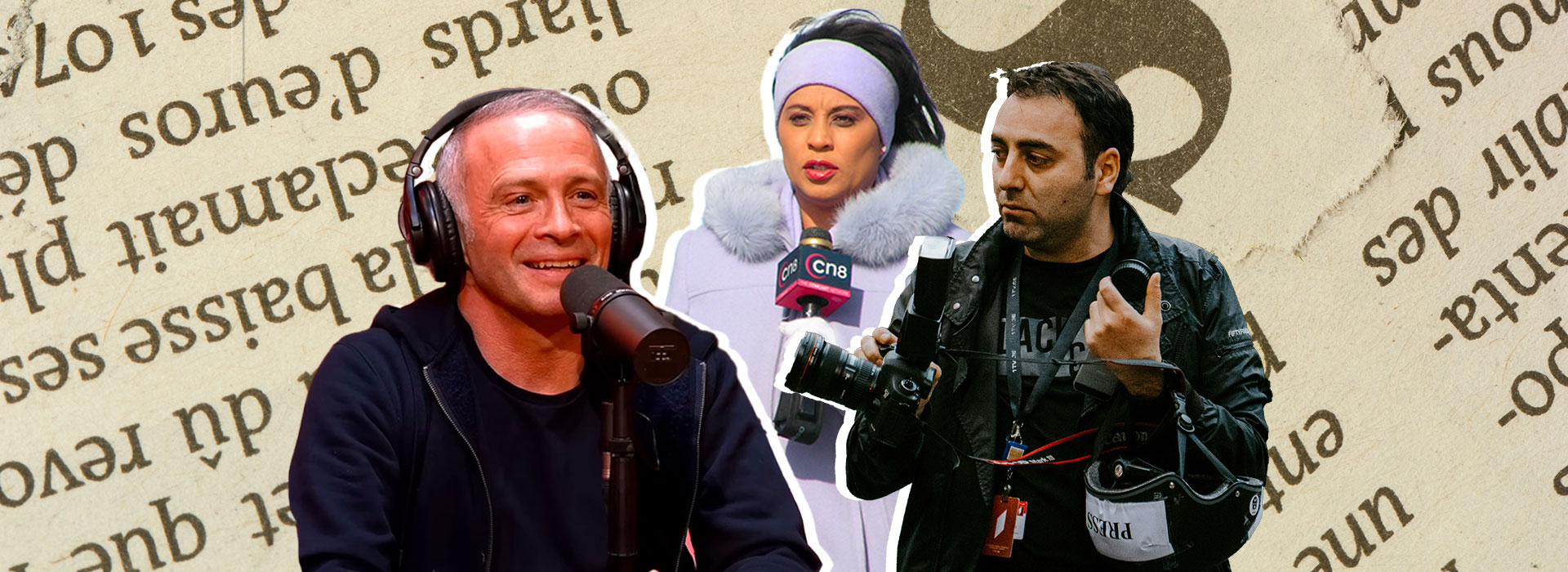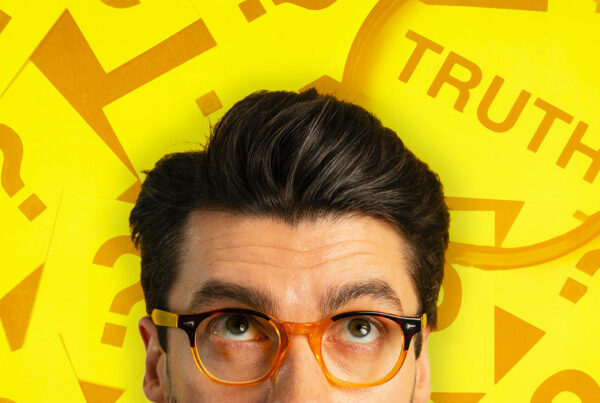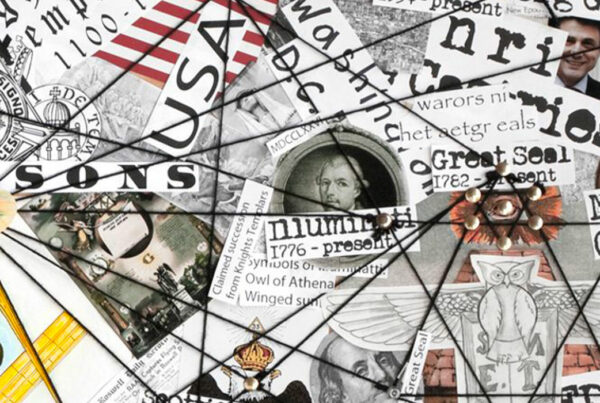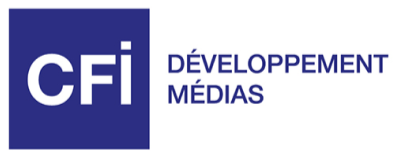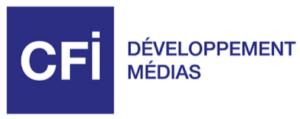1- What does the job of a journalist involve?
The journalist is an information professional responsible for researching, verifying, and transmitting facts in an objective and understandable manner. Their work involves several steps:
- Information gathering: This includes consulting various sources, conducting interviews, and investigating in the field.
- Fact-checking: Ensuring the accuracy and reliability of the collected information is essential to maintain credibility.
- Writing or production: Presenting the information clearly, concisely, and in a format suited to the medium of distribution (written article, audiovisual report, online content, etc.).
- Dissemination: Sharing the content through the appropriate channels to reach the target audience.
This profession covers a wide variety of roles: editor-in-chief, senior reporter, video editor, broadcast journalist, and more. At the same time, a journalist may choose to specialize (local news, sports journalist, economics/finance/politics, etc.) or remain generalist.
2- The different professions in journalism
The field of journalism offers a variety of specializations:
- Reporter: A field journalist who covers live events. An investigative journalist conducts long and in-depth investigations on complex subjects.
- Senior Reporter: An honorary title and administrative status, the senior reporter carries out in-depth investigations or field reports beyond immediate news.
- Editor: A professional responsible for writing articles, editorials, or columns for publications.
- Editor-in-Chief: The editor-in-chief leads a team of journalists and ensures compliance with the editorial line. They coordinate among different departments.
- Video Journalist (VJ): A specialist in producing video reports, combining filming and editing.
- News Presenter: A host of television or radio news programs, responsible for presenting information to the public.
- Columnist: A journalist expressing analyses and opinions on current events or specific topics.
- Correspondent: A journalist based in a specific region or country, reporting local events for a national or international media outlet.
- War Correspondent: Reports facts related to military conflict. Covers military, political, diplomatic, economic, and humanitarian aspects, and may be present on the ground.
- Fixer: In difficult areas (war zones, sensitive regions), the fixer is a local guide who assists foreign journalists, acts as an interpreter, and organizes meetings.
- Freelancer: An independent journalist offering articles or reports to different media, often paid per piece.
- Editorial Cartoonist: Creates humorous or satirical drawings for periodicals. These drawings encourage reflection and critique of political or social issues.
Columnist: The columnist writes the editorial of a newspaper or comments on current affairs in broadcast media.
3- Press law and journalistic ethics
Journalism is governed by ethical principles designed to ensure quality and responsible information. The Munich Charter (1971) is one of the key reference texts in Europe, establishing ten duties and five rights for journalists. Among the duties:
- Respect for the truth: Provide accurate and verified information.
- Independence: Avoid external influences, whether political, economic, or otherwise.
- Fairness: Treat topics and people with impartiality and without discrimination.
- Protection of sources: Guarantee the confidentiality of informants.
4- Journalists around the world
The situation of journalists varies considerably from country to country. In some regions, they enjoy considerable freedom and strong legal protection. Elsewhere, they face censorship, threats, and even physical violence. Global press freedom rankings, such as those published by RSF, reflect these disparities and highlight the challenges facing the profession internationally.
5- Protection of journalists
The protection of journalists is crucial to ensuring press freedom. This includes physical safety, particularly in conflict zones, and legal protection against pressure or reprisals related to their work.
6- Journalists as a counterbalance to power
Journalists play a fundamental role as a counter-power in democracy. By investigating and revealing information of public interest, they contribute to transparency and the accountability of institutions and private actors. This role requires constant vigilance and resistance to various forms of pressure that could compromise their independence.
In summary, the profession of journalism is complex and demanding, requiring a commitment to truth, ethics, and social responsibility. Contemporary challenges, such as disinformation and threats to press freedom, make it more necessary than ever to uphold ethical principles and protect information professionals.
